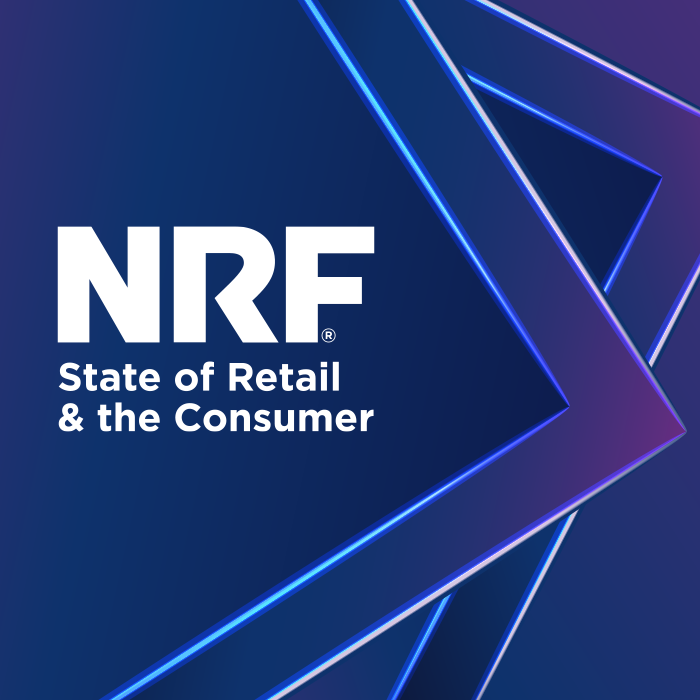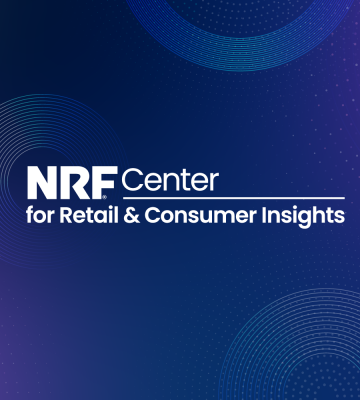Five to Thrive: Sustainability
Five to Thrive: Sustainability
Sustainability done right is a powerful business strategy. For small retailers, it can reduce operating costs, attract new customers and keep customers coming back and spending more — all while generating local environmental and social benefits.
1. Focus on energy efficiency
Reducing energy use lowers utility costs while reducing environmental impact. Consider simple changes like using LED lighting and programmable thermostats and unplugging equipment overnight. For stores with refrigeration or high electricity usage, buying energy-efficient equipment can yield long-term savings. Retailers with a triple-net lease where the landlord pays the electric bill can split the costs and savings from energy efficiency improvements with a “green lease.” The U.S. government publishes an online energy efficiency toolkit for small businesses, with specific toolkits for small grocery and convenience stores.
2. Offer more sustainable products
Consumer demand for sustainable products continues rising, particularly among younger and more affluent consumers. Many consider sustainable products as higher quality and are willing to pay more despite cost-of-living pressures. Work with suppliers to identify more sustainable offerings, including organic, fair trade or locally produced items, or those made from recycled materials. Amazon has identified dozens of sustainable product certifications that increased product sales 13%-14%. Be careful to ensure sustainability claims are accurate and consistent with the Federal Trade Commission’s “Green Guides.”
3. Explore secondhand and vintage sales
While demand for more sustainable products is increasing, consumers still want a bargain. Many retailers are selling both new and gently used, refurbished or vintage products as part of their product mix. Unique used items create a “treasure hunt” feel that attracts new customers, especially younger shoppers who see resale as stylish, affordable and sustainable. This strategy not only diversifies product offerings but also provides higher margins, since acquiring used products for resale is less expensive than sourcing new.
4. Engage your employees
Employees are your best brand and sales ambassadors. Engaged employees are more motivated, deliver better customer service and increase sales. And 96% of younger workers want to work for organizations that focus on sustainability. Highlighting your recycling and energy efficiency efforts can help attract better talent. Involve your employees in sustainability initiatives by inviting their ideas, offering training in sustainable practices and recognizing their contributions. They are key to building your reputation as a retailer that provides high-quality, sustainable and affordable offerings.
5. Highlight your sustainability story carefully
Younger and more affluent consumers want to know how their purchases can create positive impacts. Some consumers only care about sustainability if it saves money; others want to know how their purchases can make things better for others. Know which aspects of sustainability your customers care most about so you can tell your sustainability story in ways designed to drive sales and profits. Share your sustainability efforts through product tags, in-store signage, website descriptions or social media campaigns highlighting those aspects that are most meaningful to your customers.





